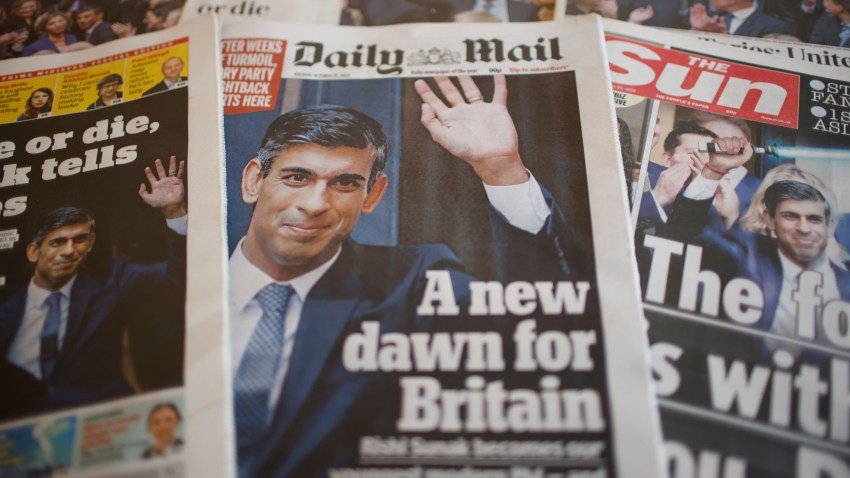Sometimes in a society facing an escalating crisis, the churn of chaos and scandal can merge into a blur, with each new fiasco becoming increasingly indistinguishable from the previous one. As a government facing such circumstances sinks further into paralysis, voters lose respect for the state in ways that can leave a toxic political legacy for decades. And when a ruling party becomes overwhelmed by the consequences of its own strategic blunders, the leading opposition party rubs its hands eagerly in anticipation of the next election, while hoping that the dysfunctions it will face when it takes power will not make efforts to restore prosperity and good government impossible.
For decades, British commentators have expressed grave concern over other societies that have faced such a death spiral of governance. Yet as the country adjusts to its third prime minister in less than four months, it is beginning to dawn on many senior political figures in the U.K. that their own system may be drifting dangerously close to the kind of existential crisis they used to think could only happen elsewhere.
By June 2022, British voters had already witnessed an accumulation of scandals under then-Prime Minister Boris Johnson as his government struggled with the twin pressures of the pandemic and Brexit. After Johnson led the Conservative Party to an electoral triumph in December 2019, the cavalier behavior of his entourage in 10 Downing Street during government-imposed pandemic lockdowns eventually caught up with him, and he faced a sudden loss of support from his own MPs that forced his resignation on July 7.

